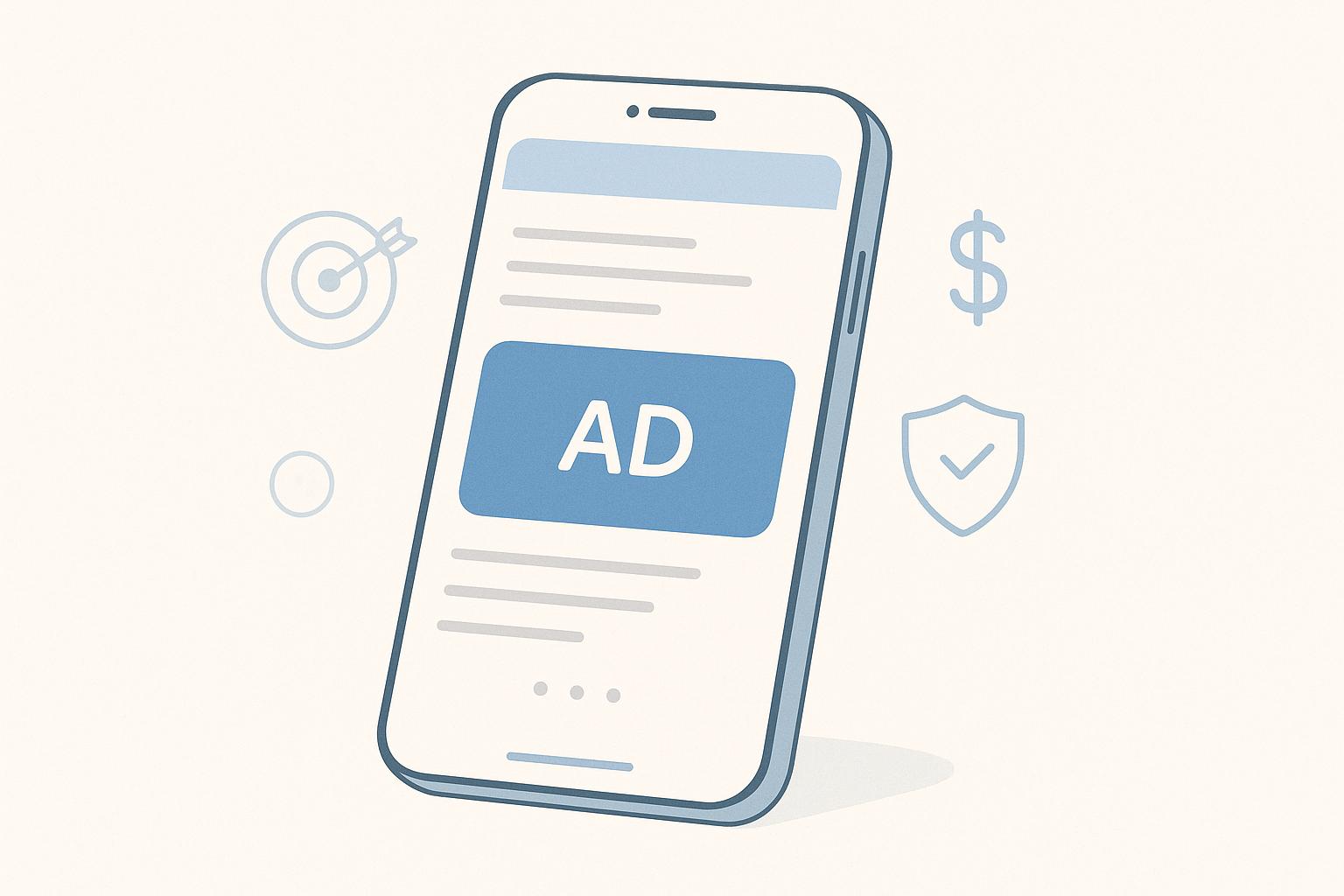Google introduces new iOS app campaign tools for PPC managers
Google has unveiled a series of enhancements for iOS app campaigns aimed at helping pay-per-click (PPC) managers tackle ongoing challenges in user engagement and measurement within Apple’s ecosystem. Released on 14 August 2025, these updates feature advanced ad formats, AI-driven bidding strategies, and robust privacy-centric measurement tools. As iOS App Store consumer spending surges, growing 24% year-over-year according to app intelligence firm Appfigures, these changes highlight the increasing importance of iOS user acquisition in mobile marketing efforts.
Expanded ad formats to attract iOS users
One of the key updates includes new ad formats designed to engage broader iOS user segments across YouTube platforms. With YouTube reporting that 83% of global consumers interact with its services daily, the potential reach for app marketers is significant. YouTube Shorts, in particular, stands out, as 45% of Shorts viewers in the United States reportedly do not use TikTok, and 65% avoid Instagram Reels.
Google also extends co-branded partnership ad formats to App campaigns through its BrandConnect programme. These ads combine brand messaging with YouTube creator content, offering what Google describes as "a more visually engaging and authentic ad experience." Playable ads, another interactive format, are now available as end cards following video advertisements on specific AdMob placements, enabling users to engage with apps directly before downloading.
AI-powered bidding and creative automation
Among the updates is the introduction of Target ROAS (Return on Ad Spend) bidding for iOS campaigns, providing advertisers with value-based optimisation options. This strategy leverages artificial intelligence to predict conversion values and adjust bids automatically. Early results are promising, with Indonesian lending app Uatas reporting a 7% increase in ROAS compared to historical performance.
Additional AI-driven tools now simplify creative optimisation. Video enhancements powered by advanced AI adapt creative assets for various screen sizes and orientations. The technology can extend videos beyond their original frames or generate new orientations intelligently, reducing the need for manual creative edits.
Privacy-focused measurement solutions
Addressing iOS-specific privacy challenges, Google has introduced expanded on-device conversion measurement. This method processes de-identified app event data locally on user devices, ensuring that no user-identifying information leaves the device. This privacy-centric approach aligns with iOS’s stringent requirements and enables marketers to gain actionable insights without compromising user data.
The updates also include Integrated Conversion Measurement (ICM), which improves attribution reporting accuracy within third-party App Attribution Partner platforms. Codeway, a consumer app publisher using ICM, reported a six-fold increase in app installs and an 80% lower cost per install after implementing the solution. ICM bridges discrepancies that previously existed between Google Ads and external measurement platforms, providing real-time and comprehensive data.
Evolving technical requirements and privacy compliance
The enhancements come with updated technical requirements for App Attribution Partners, who include Adjust, Airbridge, AppsFlyer, Branch, Kochava, Singular, and Tenjin. These partners now mandate specific software development kit (SDK) versions and configurations for optimal compatibility. For example, Adjust requires iOS SDK 5.4.1 with the ODM plugin, while Airbridge demands SDK version 4.4.1 or higher. Additionally, advertisers in the European Economic Area face added compliance requirements due to stricter privacy regulations.
A strategic move for iOS advertising
Google’s latest updates reflect the growing emphasis on optimising iOS campaigns amid increasing competition and regulatory changes. By introducing advanced measurement tools, targeted bidding strategies, and engaging ad formats, the company aims to equip PPC managers with the tools needed to navigate the complex iOS advertising landscape. With these changes, marketers can expect improved campaign efficiency, enhanced user targeting, and adherence to evolving privacy standards.
As mobile marketers continue to adapt to the challenges of iOS advertising, these updates underscore the ongoing innovation required to succeed in an ever-changing digital advertising landscape.

